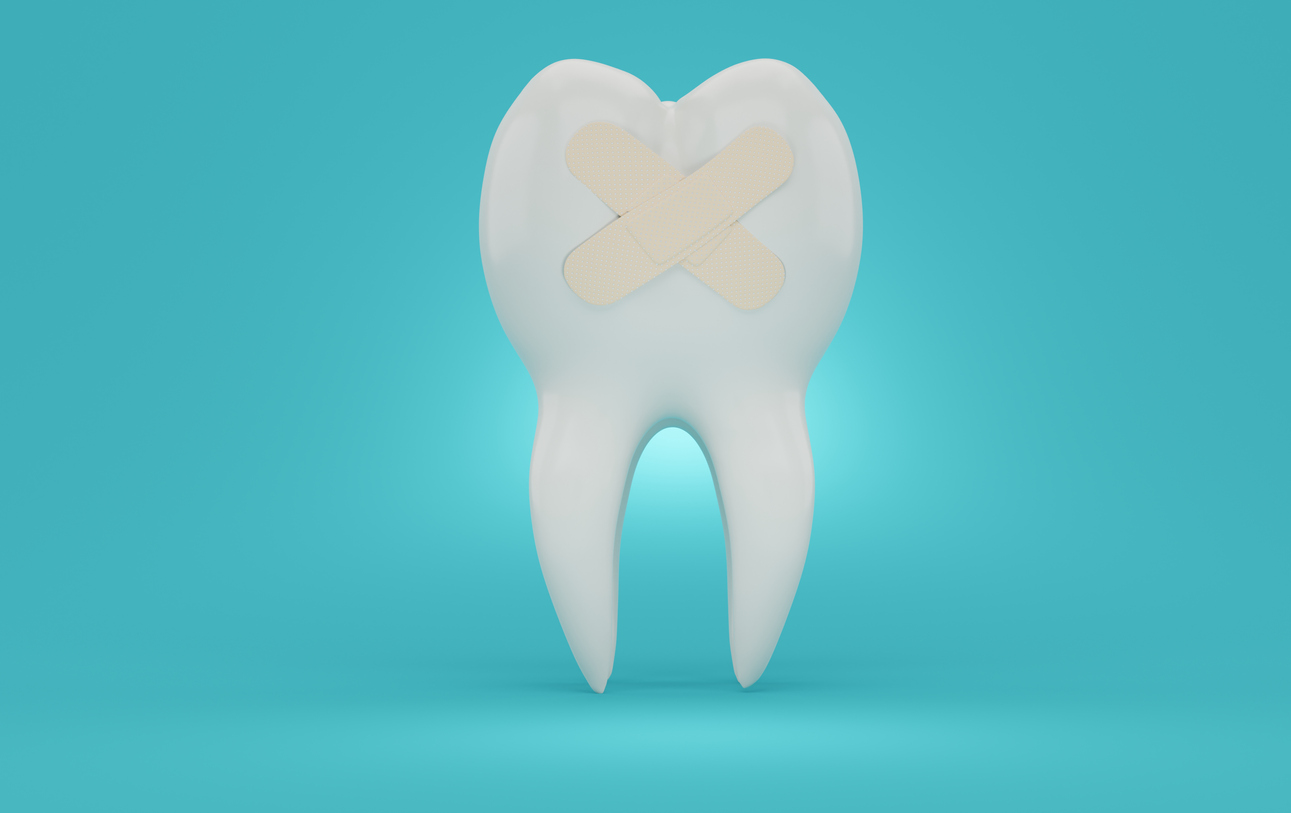Thankfully, most of your visits to your dentist in Rialto are going to be routine visits for preventative care. With that said, there’s a good chance that you will run into a dental emergency at some point in your life. So what counts as a dental emergency?
What Counts As A Dental Emergency?
Knowing how to recognize a dental emergency and where to go for care is important to ensuring that you receive prompt medical care with access to the best resources. In order to prepare for that possibility, we have put together some of the most common scenarios and general guidelines on what to do.
Choosing Where to Go
When you are in a healthcare emergency, you need to know where to go first. Many people find themselves struggling to decide whether it is better to go to the emergency room or to their emergency dentist.
While your oral health is very important, you should go to the emergency room first if you have any injuries that seriously compromise your health. Cuts requiring stitches, broken bones, puncture wounds, etc should be addressed immediately. At the emergency room, they can help to stabilize any oral injuries you have until you can meet with a qualified dentist or oral surgeon.
However, if your injuries are limited to your oral cavity or jaw, then you are most likely going to be best served by your emergency dentist in Rialto.
Examples of Dental Emergencies
There are countless possibilities when it comes to dental emergencies that could potentially occur, but there are a few that tend to be more common. These are some of the most common dental emergencies that your dentist sees every day.
Severe Pain
When tooth decay begins to affect the core of your tooth, it can result in severe pain. What may have been the occasional dull ache is suddenly sharp and radiating out from your jaw.
Any form of severe oral pain should be immediately addressed by your emergency dentist. Sometimes your appointment can wait 24 hours or so, but it isn’t in your interest to put it off.
That level of pain indicates a serious problem, and it will only get worse if left untreated.
Bleeding
The occasional bleeding gums are a sign of irritation, but you can address this through more careful brushing and flossing. With that said, any other form of bleeding in your mouth is an emergency.
The causes of bleeding can vary widely from trauma to infection, but none of them can afford to wait for your next dentist appointment. If you’re experiencing bleeding in your mouth that is anything more than a tiny bit from your gums, then call your emergency dentist.
Signs of Infection
Noticeable signs of infection should always be treated by an emergency dentist. Common symptoms of an oral infection include:
- A persistent, bad taste in your mouth
- Swelling affecting your gums, jaw, or the glands in your neck
- Pain
- Headache
- Fever
While one of these symptoms alone could point to a variety of issues, several likely indicate the presence of a serious infection. Without treatment, infections of this sort can destroy healthy bone and tissue permanently, so don’t delay.
Cracked or Broken Tooth
Your teeth are pretty sturdy, but there are instances where they may crack or break. Direct trauma to the face, using your teeth as tools, or chewing a non-food item like ice are three of the most common culprits.
If you notice that your tooth is cracked, chipped, or broken, then you will want to call your dentist. Lateral cracks and minor chips may be able to wait a few days. Vertical cracks and severely broken teeth should be addressed as soon as possible to avoid losing the tooth.
Lost Tooth
If you ever lose a tooth, then you should try to find it. Pick it up by the bite surface, not the root. Rinse the root, preferably with milk, and then put it back in the socket as well as you can.
If you’re having difficulty keeping the tooth in place, have someone else call your dentist while you hold the tooth by closing your jaw. They won’t be able to save your tooth, but keeping it in place will reduce the risk of infection until you see your dentist.
A lost adult tooth should be addressed immediately.


